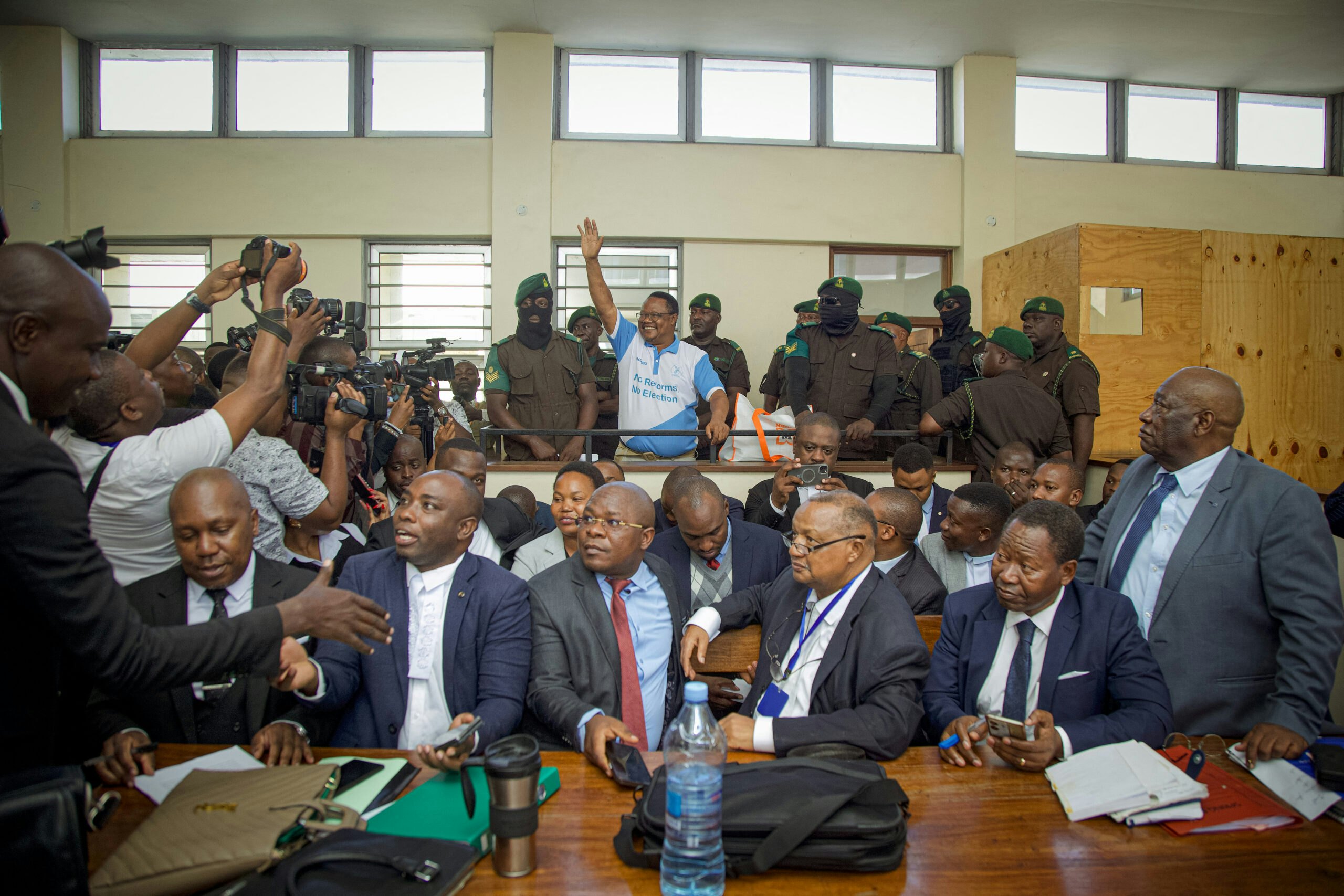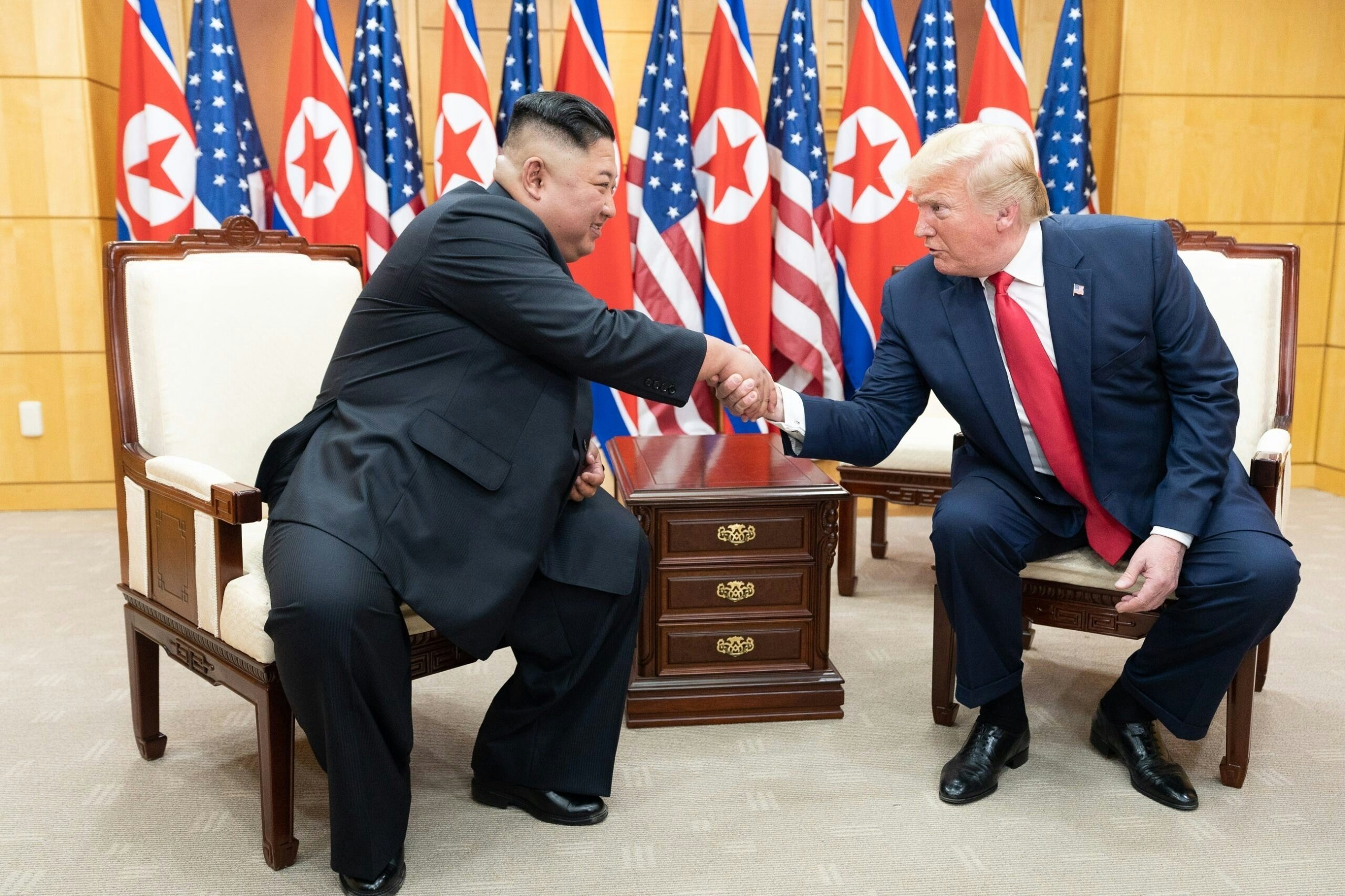Kang Chol-Hwan, author of The Aquariums of Pyongyang, lived in a North Korean prison camp from the age of nine to 19. He escaped North Korea in 1992 and has dedicated his life to bringing attention to the horrifying conditions in North Korea. Here, he shares his thoughts on this week’s summit in Vietnam.
Joseph Kim: Was it wise for the United States to be engaged in diplomatic talks with North Korea? Why or why not?
Kang Chol-Hwan: Dialogue is necessary, but lifting economic sanctions would have been a mistake. The U.S. should maintain maximum pressure until a comprehensive and specific roadmap of denuclearization is achieved. The leader of the free world meeting with a tiny country’s 36-year-old dictator in of itself legitimizes its dictatorship by achieving objectives that Kim Jong-un’s father and grandfather could not accomplish.
JK: Why do we see human rights continue to get pushed aside in talks with North Korea?
KCH: Isolationism, fear politics, and brainwashing are the three pillars that sustain the Kim dynasty. North Korea developed nuclear weapons to protect the regime from the free world. If the U.S. tried to touch any of these pillars, it would be considered an insult.
North Korea will keep its nuclear weapons as a means of securing the regime and will try to lift sanctions imposed by the United Nations to strengthen its economy. What the regime was looking for from the summit was to make people think Kim Jong-un had won and made the U.S. surrender.
Understanding the nature and desires of the regime is critical, and we must face the reality that there is no way to achieve denuclearization without toppling down the Kim dynasty. Using economic securement as a carrot or incentive for the regime will only help the regime continue its human rights abuses and justify its fear politics.
JK: Where should we go from here?
KCH: Issues on the Korean Peninsula are complex. Kim Jong-un will not give up nuclear weapons to prevent the collapse of his regime. Ultimately, the Kim dynasty will [have to be gone] to resolve the nuclear problem.
The U.S. should continue sending outside information into North Korea, pressing North Korea on its human rights issues, and pressuring China to follow through on economic sanctions.































